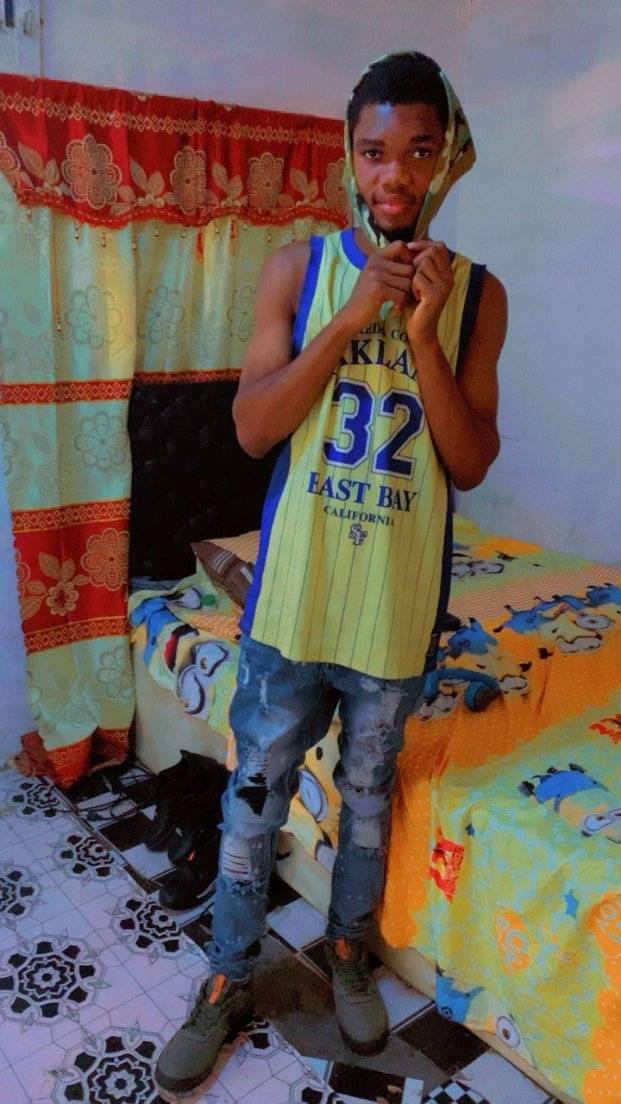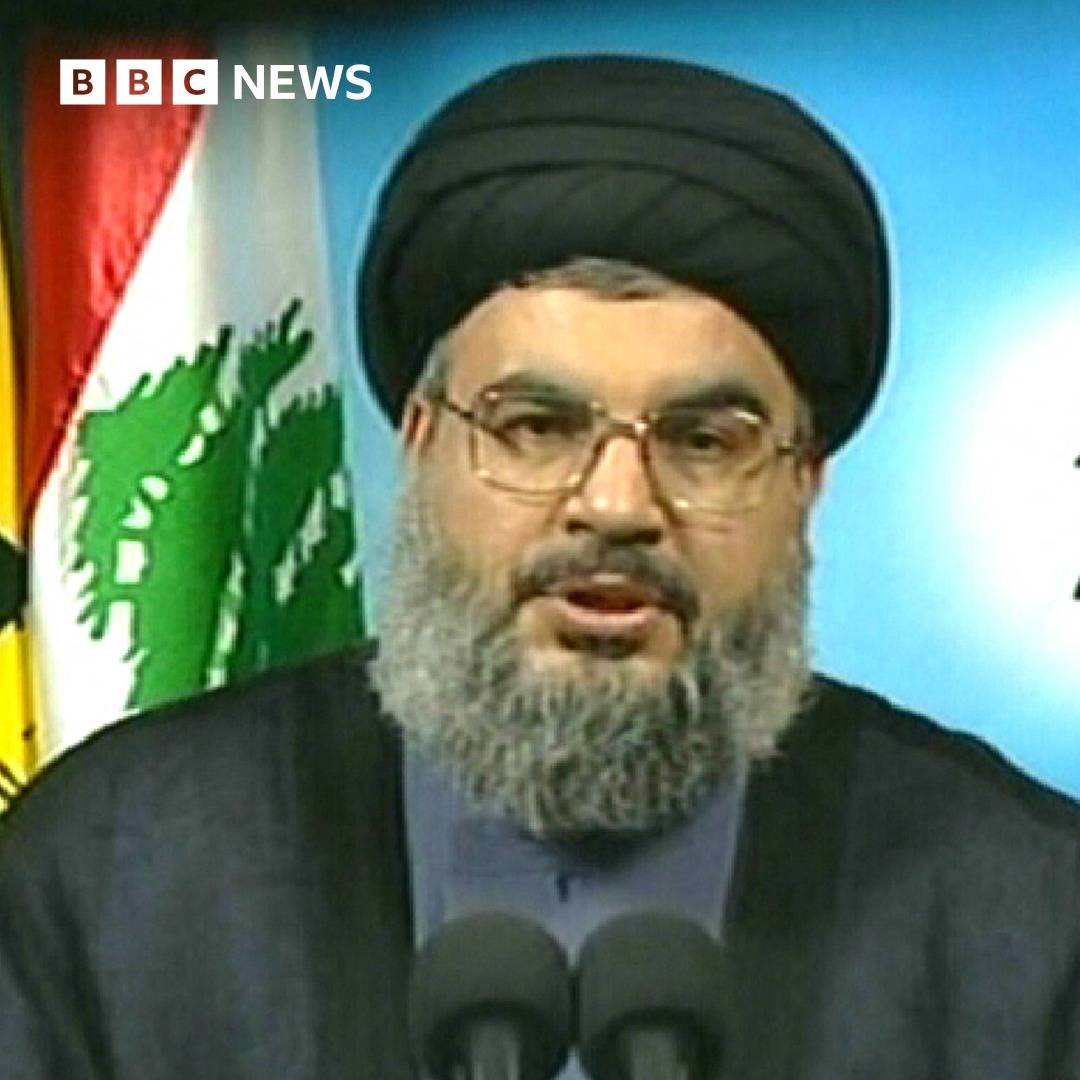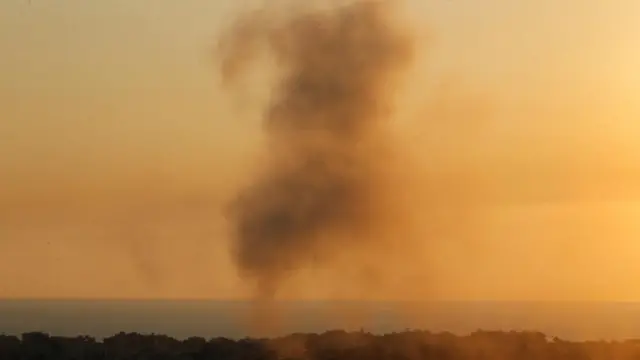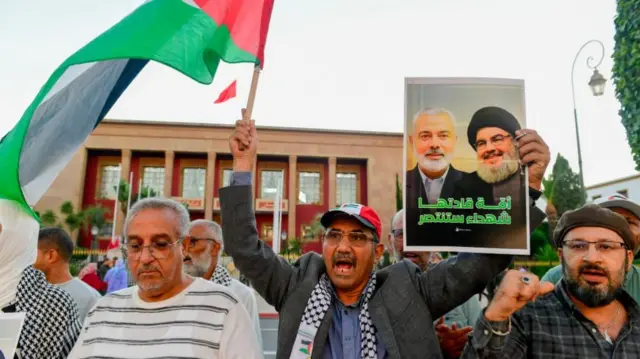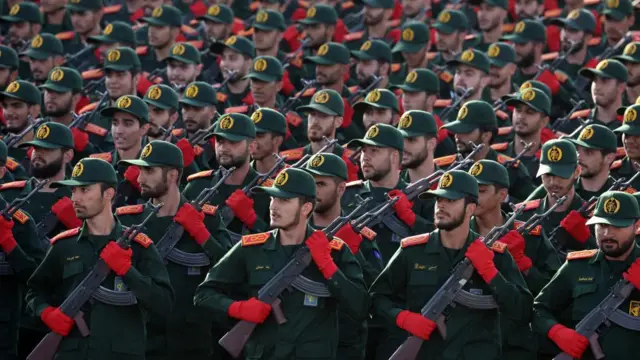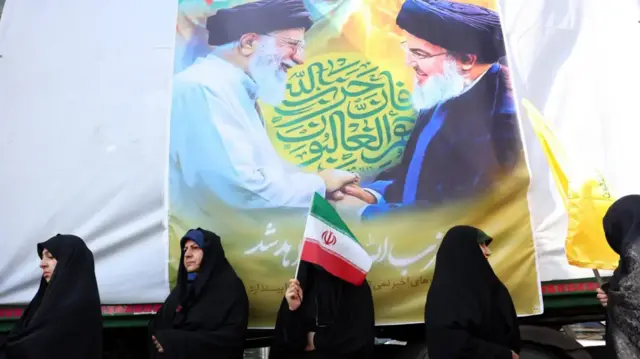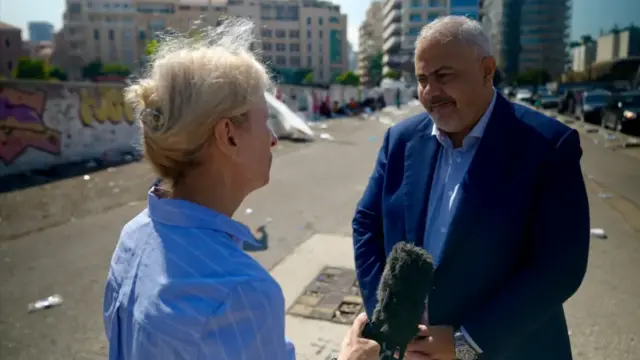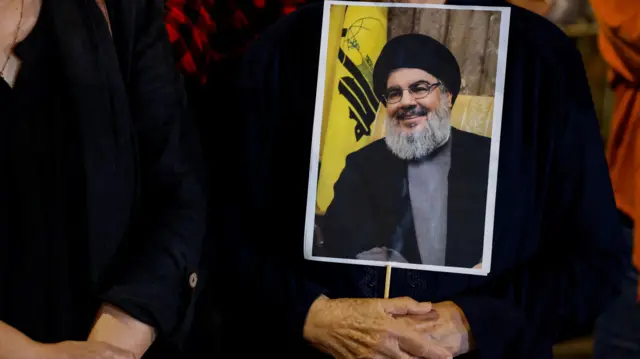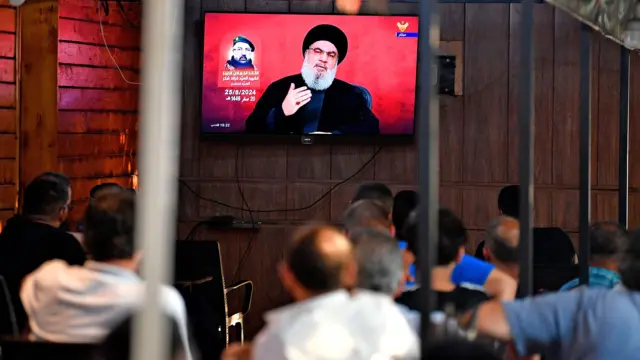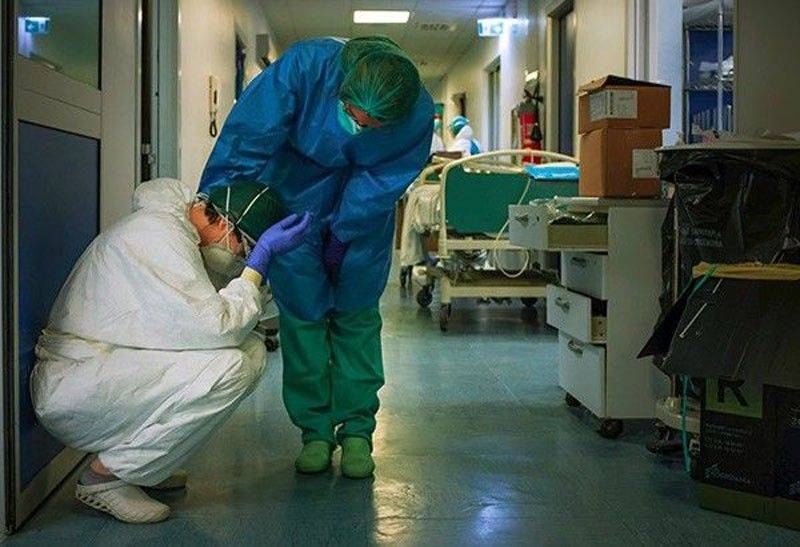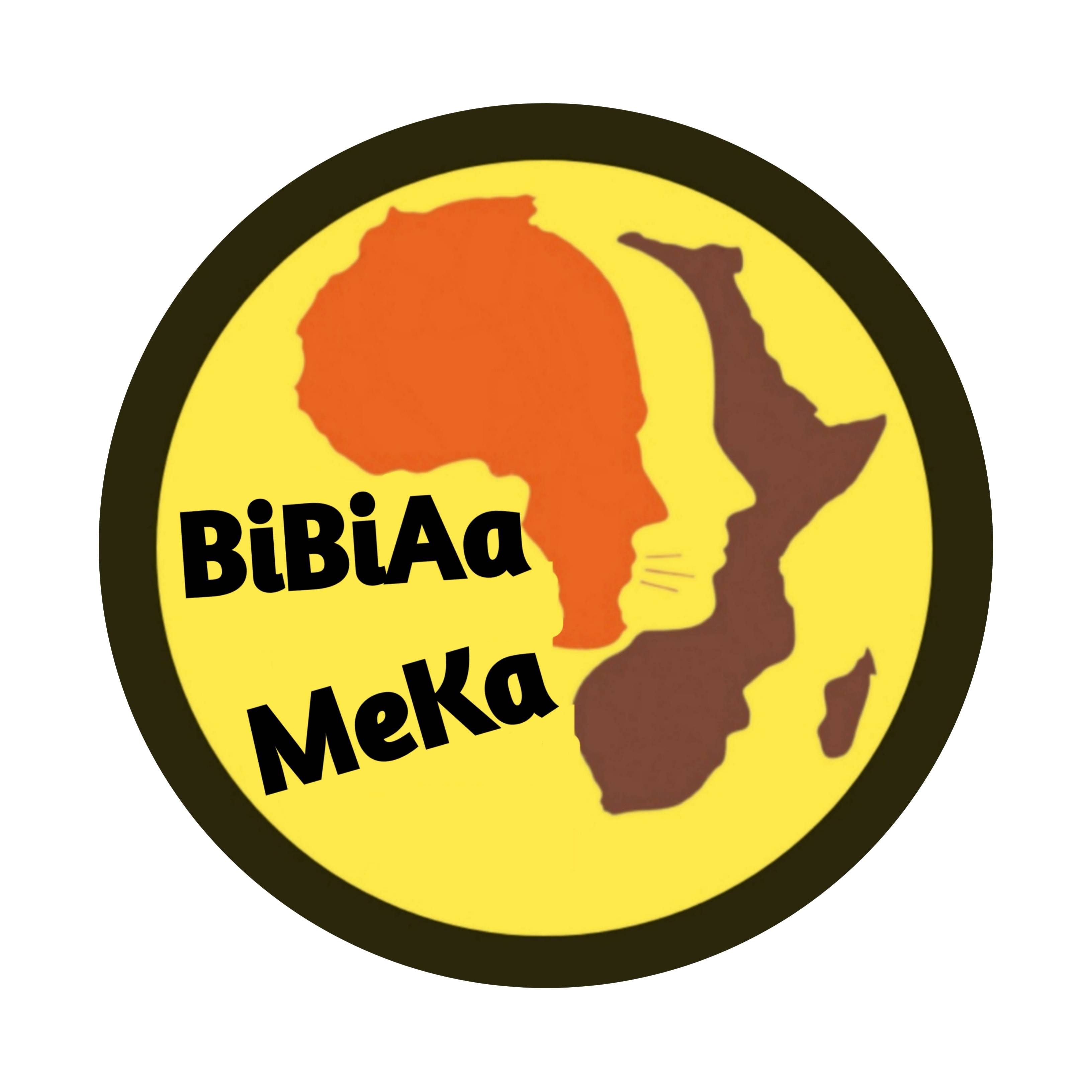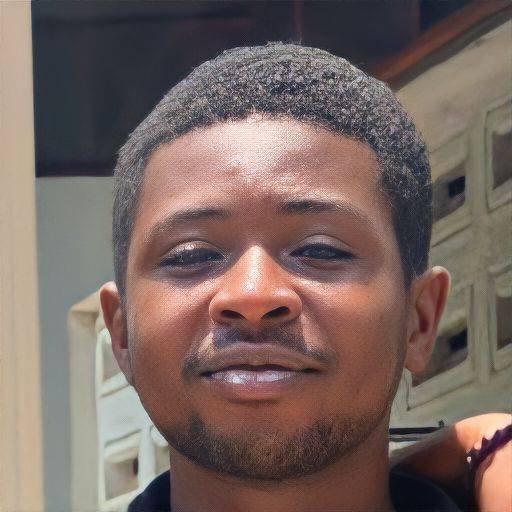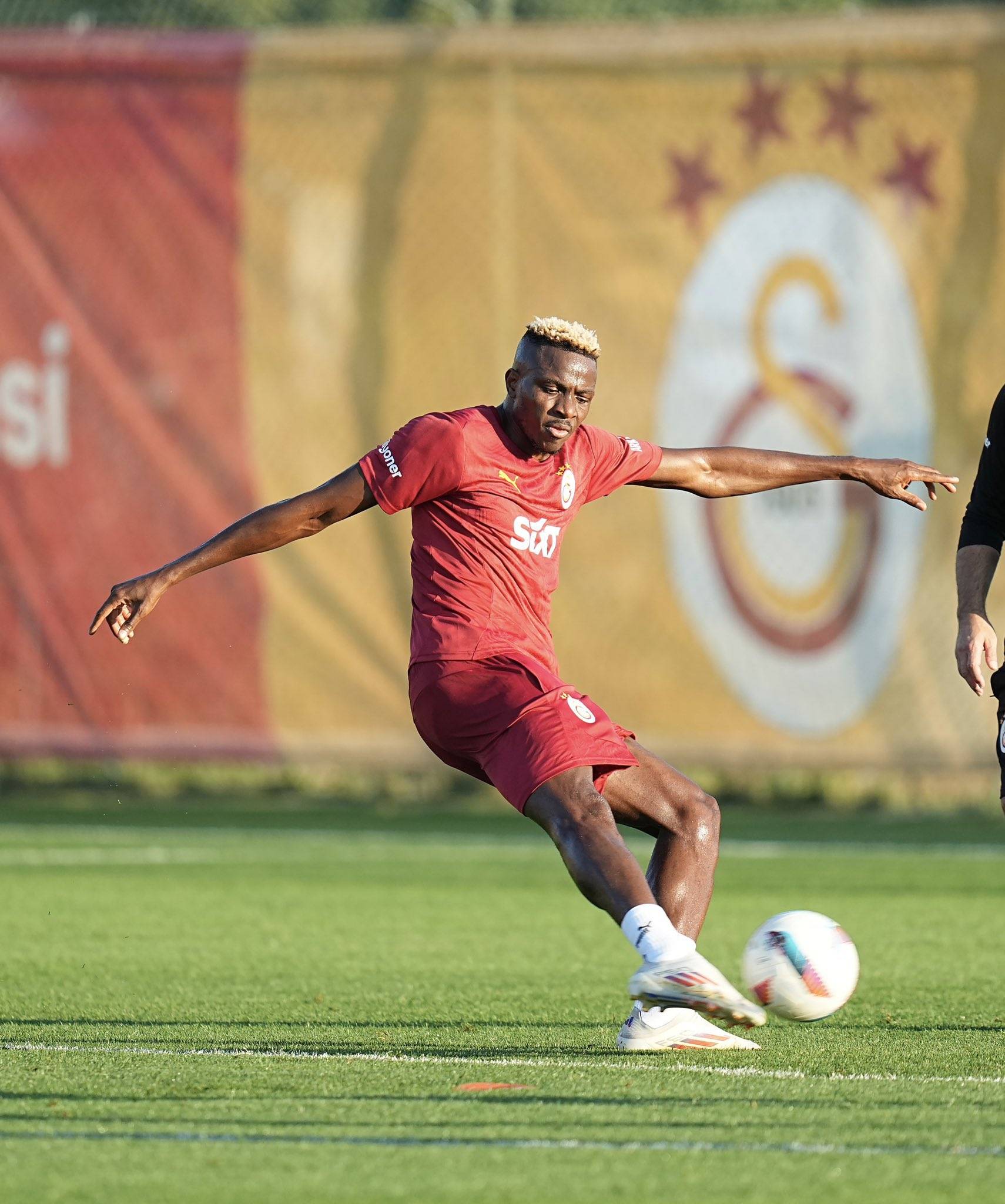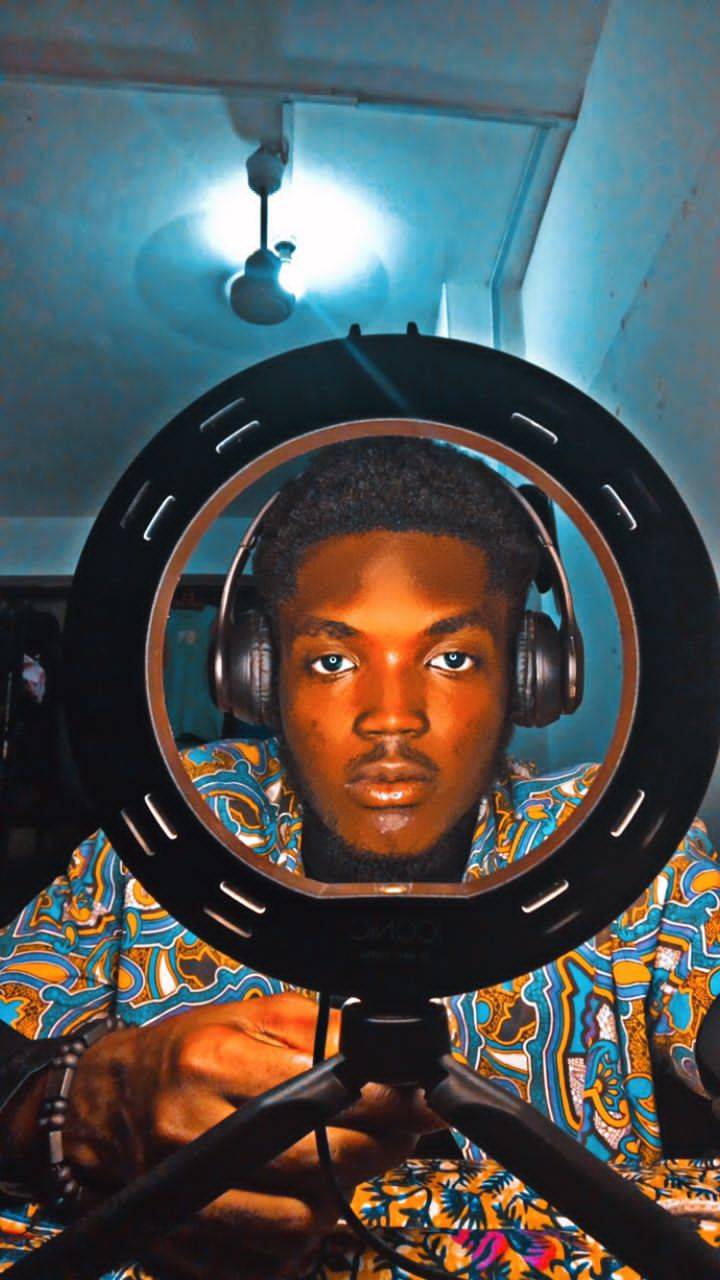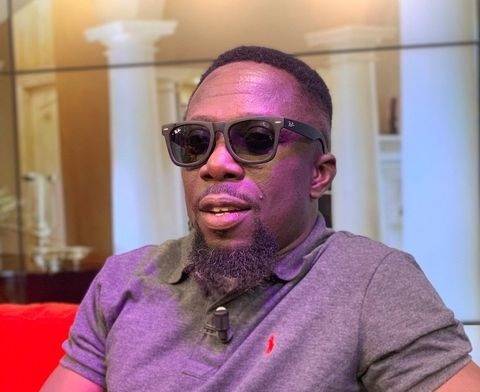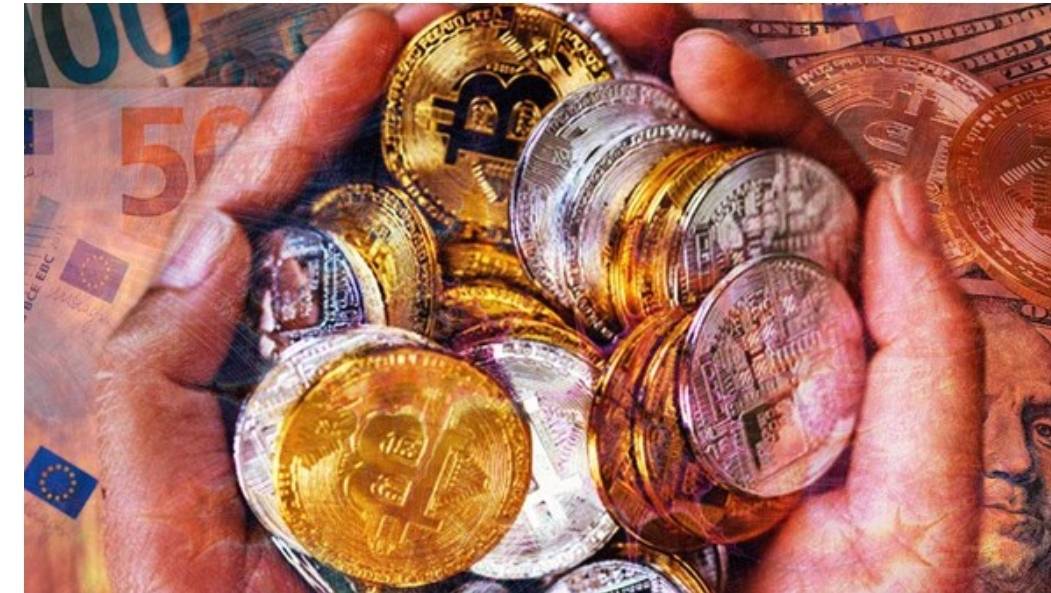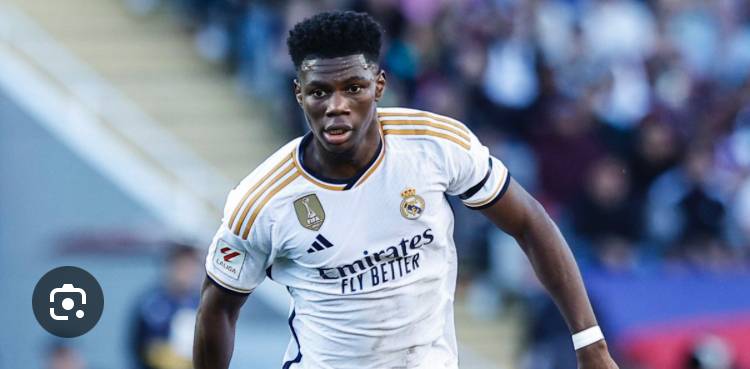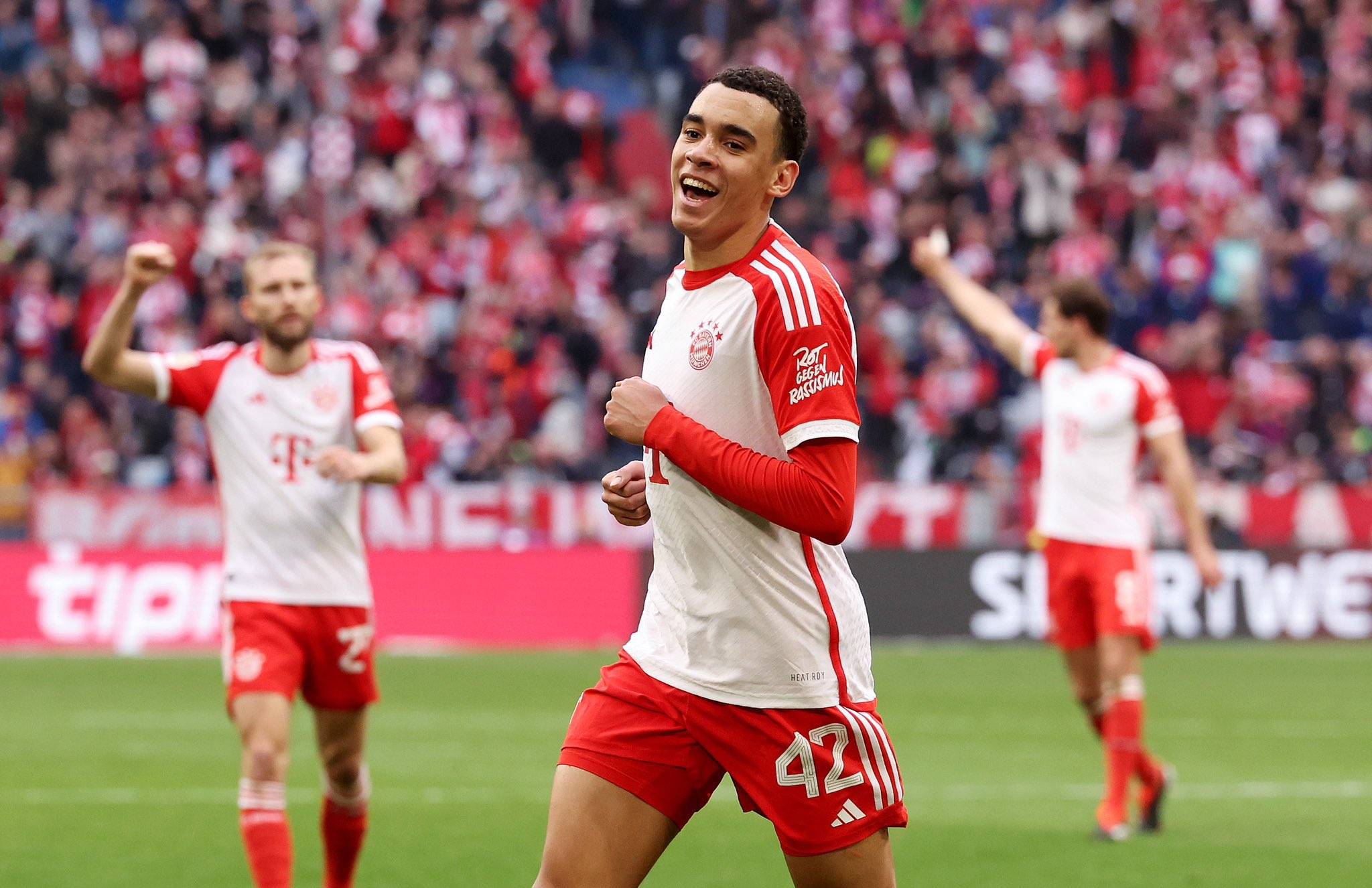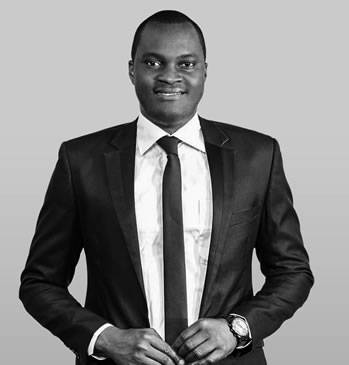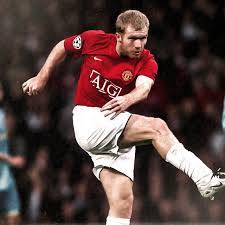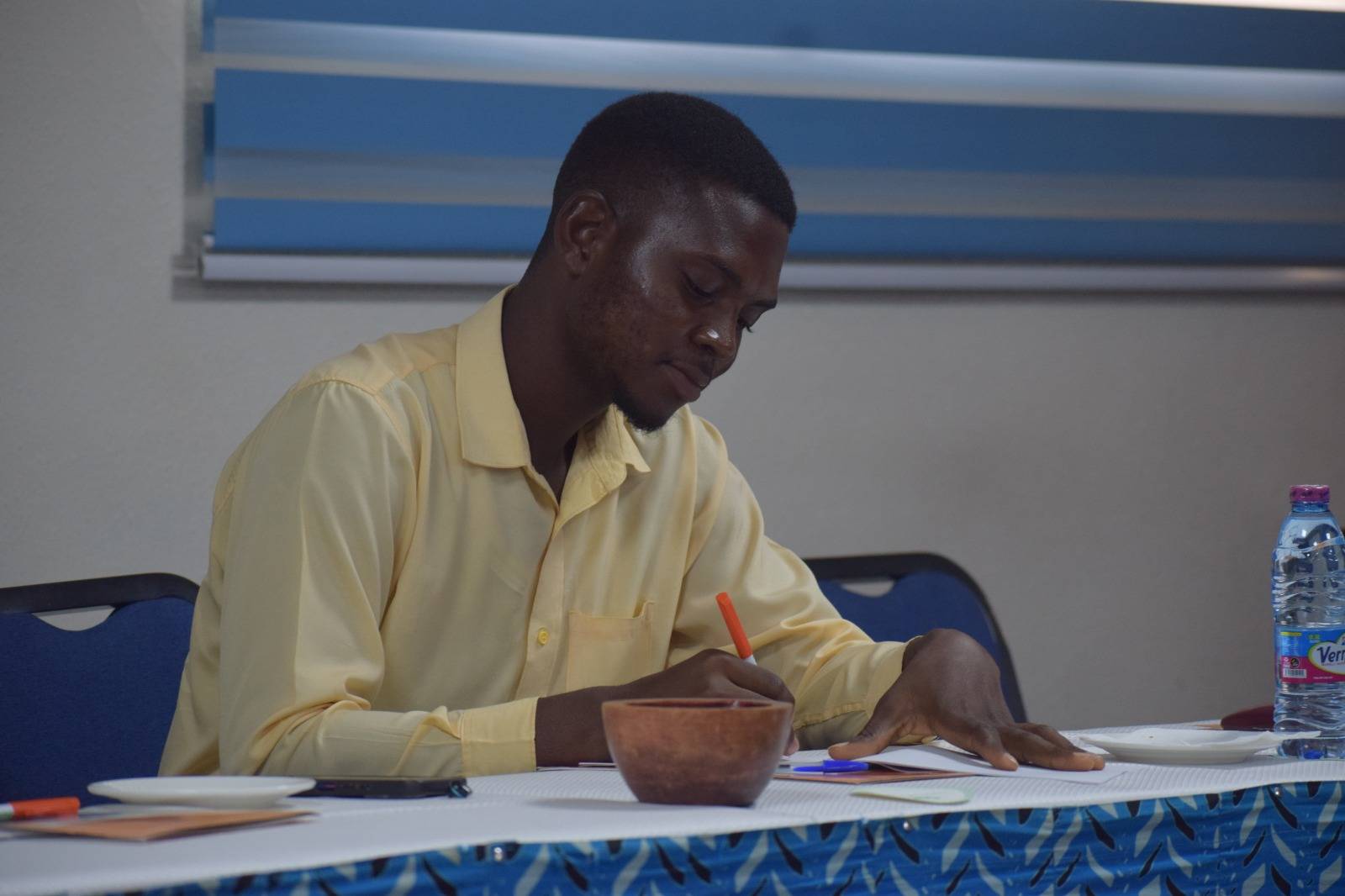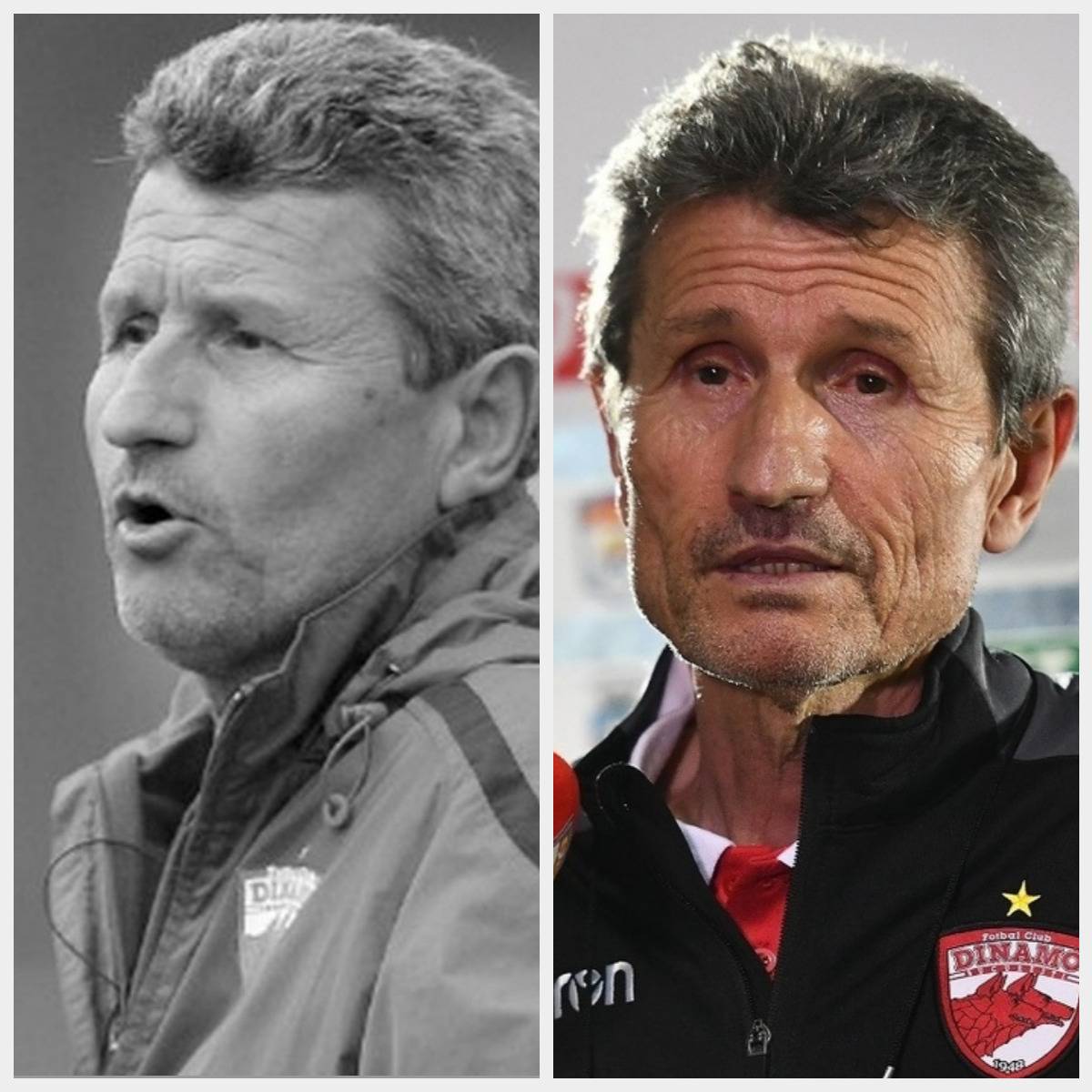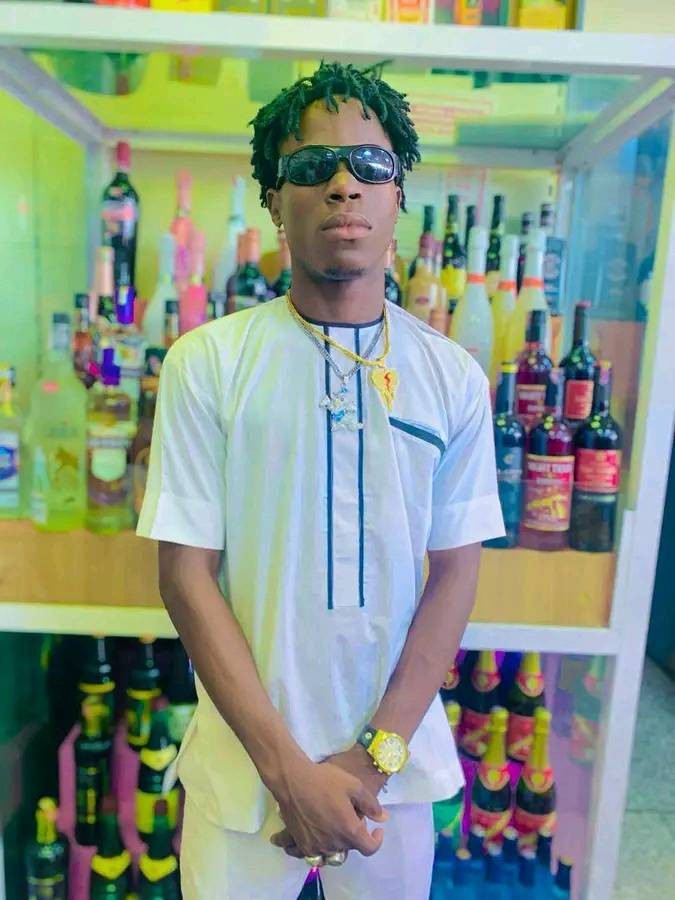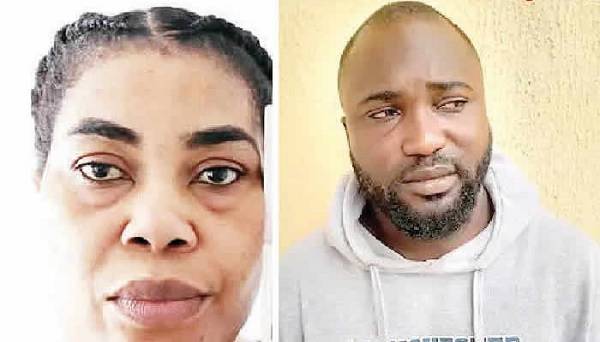Timeline: 13 days that have changed the Middle Eastpublished at 09:21 British Summer Time
Smoke billows over Beirut's suburbs, amid ongoing hostilities between Hezbollah and Israeli forces, as seen from Sin El Fil
The situation in the Middle East has changed dramatically in the past fortnight as Israel stepped up its attacks against Iran-backed Hezbollah, killing its long-term leader yesterday.
Here's a recap of recent events:
- 17-18 September: Pagers and walkie-talkies belonging to Hezbollah members explode in two waves across Lebanon, killing at least 37 people and wounding thousands more. Israel is believed to responsible for the attacks
- 20 September: Israel strikes a Hezbollah stronghold in southern Beirut, killing 55 people - including a top commander.
- 23 September: Israel launches a massive bombardment on Lebanon, targeting what it says are 1,300 Hezbollah sites in the south, east and in the capital. More than 550 people are killed in a single day – the deadliest day of the conflict in decades
- 25-26 September: Amid Israel’s continued strikes into Lebanon, with some returned fire from Hezbollah, world leaders at a UN summit in New York urge de-escalation. Israeli allies – including the US, UK and EU – form a 12-bloc coalition calling for a temporary ceasefire, which is rejected by Israel and not acknowledged by Hezbollah. The death toll in Lebanon soars past 630 people
- 27 September: Netanyahu addresses the UN vowing to “defeat Hezbollah”. Later that day he orders the assassination of Hezbollah’s leader Hassan Nasrallah in strikes on the group’s headquarters in Beirut. The major bombardment is reported Friday night
- 28 September: On Saturday, the IDF announces it has killed Nasrallah, a fact confirmed by Hezbollah a few hours later. The killing of the group’s leader of nearly 30 years, a significant figure of anti-Israeli resistance across the region, is a huge blow to Hezbollah’s supporters in Lebanon and to its main backer and regional power Iran
Could it all now escalate into a wider Middle East conflict? It depends on what these key parties - Hezbollah, Israel and Iran - do next writes our security correspondent Frank Gardner. And what is the scene like now for people living in Lebanon? Orla Guerin in Beirut has more.


